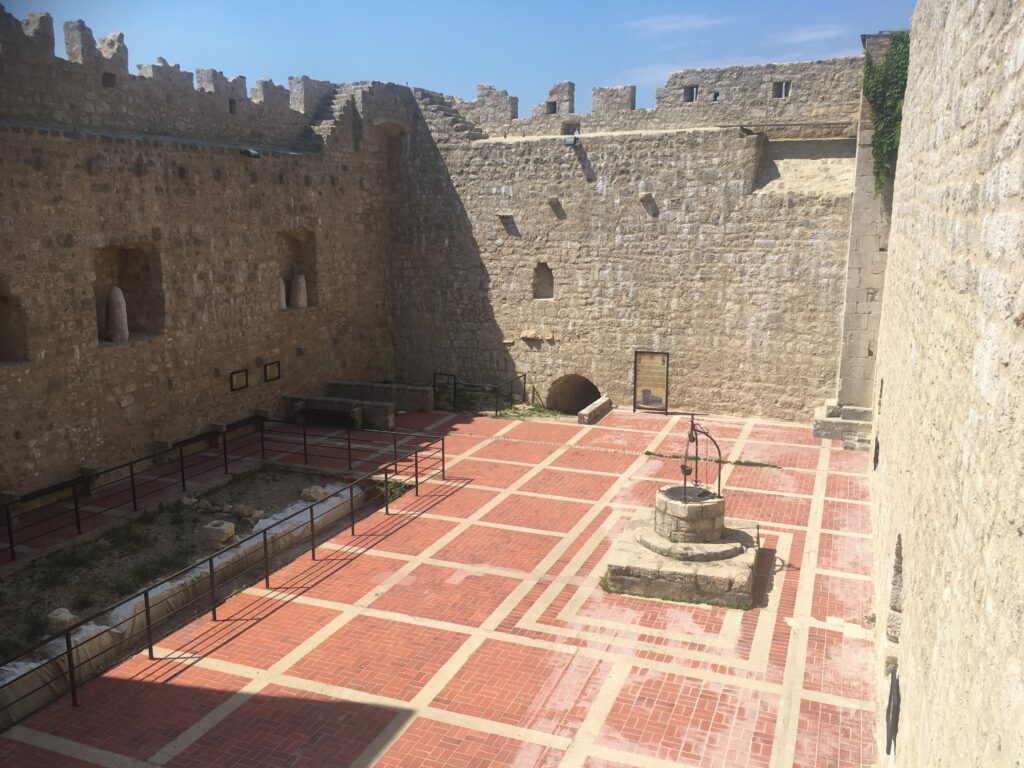
This class explores the theory, law, and practice of cultural resource management (CRM). We will approach the field broadly and consider not only the management of historic and prehistoric archaeological sites, but also historic buildings, objects, collections, and heritage traditions. Throughout the course, we will examine controversial case studies and CRM challenges. We will consider ways for CRM to be more public facing, and how cultural resource managers can creatively collaborate with preservation specialists, interpreters, historians, and the public.
The goals of this class are for students to come away with an understanding of the federal and international laws and regulations that govern cultural resources, as well as the way these laws are implemented on the ground. I want students to see how the specialized field of CRM is connected to the more general practice of public history. I hope that students leave this course more educated about the often-imperfect way cultural resources are protected in this country and around the world, and confident that they can work cross disciplinary boundaries with others invested in CRM. [HIST 600]
